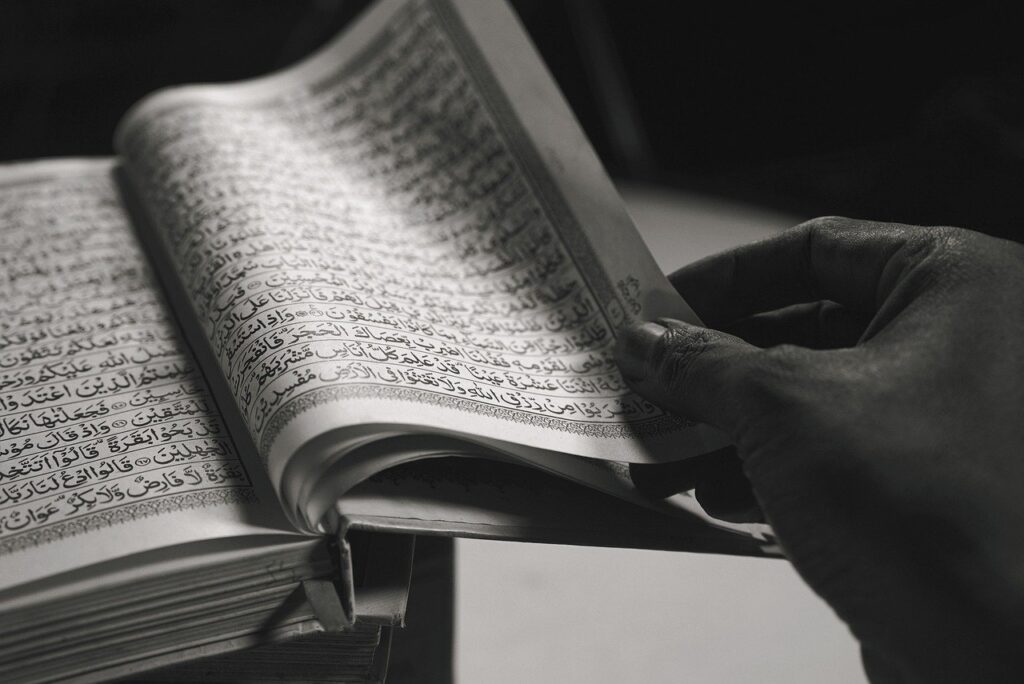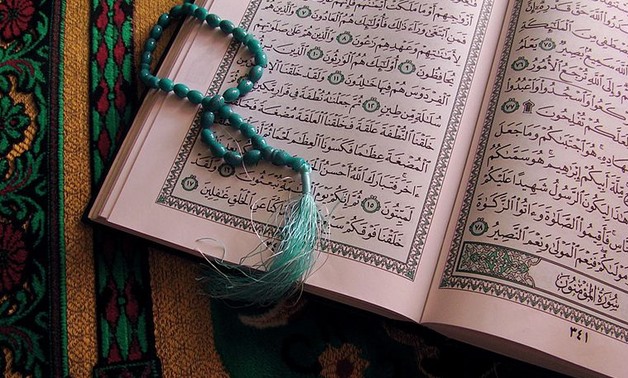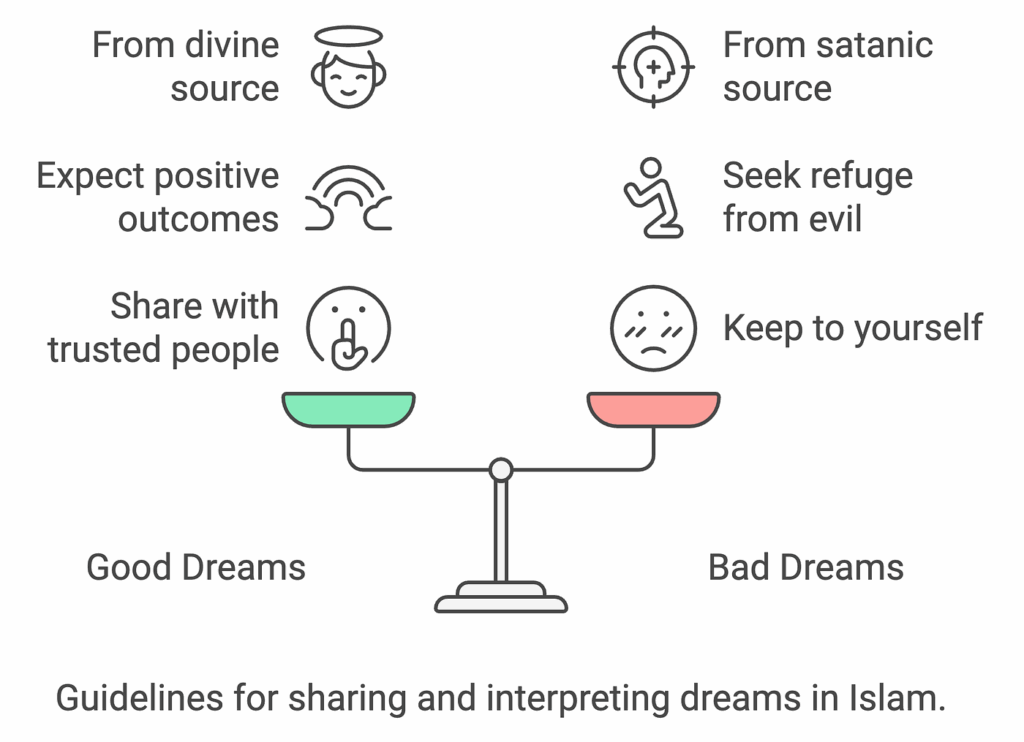Every believer seeks barakah (blessings) and farakhi-e-rizq (ease and abundance in sustenance). Yet, there are times when, despite hard work, one feels financially stuck as if something unseen blocks progress. Islam acknowledges that rizq (sustenance) is not merely material; it is spiritual too. True rizq includes health, peace of mind, family stability, and contentment, all of which are from Allah’s decree.
This blog explores how Islam teaches believers to identify and remove blockages in rizq through spiritual means such as ruqyah and wazaif, alongside practical steps like honesty, gratitude, and charity. By the end, you’ll understand how to align both your worldly efforts and spiritual practices to invite divine blessings.
Understanding the Concept of Rizq in Islam
In Islam, rizq refers to everything that sustains life: money, food, knowledge, love, and peace. Allah says in the Qur’an:
“And there is no creature on earth but that upon Allah is its provision, and He knows its place of dwelling and place of storage. All is in a clear register.”
(Surah Hud, 11:6)
This verse reminds us that Allah guarantees sustenance. However, the form, timing, and quantity depend on one’s faith, deeds, and divine wisdom. When a person faces a financial struggle or sees continuous blockages, Islam encourages self-reflection both materially and spiritually.
Sometimes, blockages occur due to poor management or worldly causes. At other times, they result from spiritual factors, such as sins, envy (hasad), or neglecting the remembrance of Allah. Recognizing this balance is the key to solving rizq-related problems effectively.
Signs of Rizq Blockage
While each individual’s situation differs, certain signs often indicate a blockage in sustenance:

- Continuous financial loss without a clear reason.
- Delays in income, job approval, or business growth.
- Unexplained tension in the workplace or family finances.
- Feeling of scarcity despite earning well.
- Frequent breakdown of plans related to money or livelihood.
These signs don’t always mean spiritual interference; sometimes they reflect habits, spending patterns, or life tests. However, consistent patterns of hardship with no visible cause might call for introspection and roohani ilaj (spiritual healing).
Spiritual Causes Behind Rizq Blockages
Islam teaches that sustenance can be affected by both spiritual and moral factors. Let’s look at the most common ones mentioned in the Qur’an and Hadith:
1. Sins and Disobedience
It was narrated from Thawban that the Messenger of Allah (ﷺ) said:
“Nothing increases one’s life span except righteousness and nothing repels the Divine decree except supplication, and a man may be deprived of provision by a sin that he commits.”
(Sunan Ibn Majah, 4022)
Sins such as dishonesty, arrogance, or withholding zakat can cause spiritual blockages. Repentance (taubah) and sincere effort to reform open the gates of rizq again.
2. Neglecting Salah and Dhikr
Abandoning obligatory prayers or failing to remember Allah regularly hardens the heart and invites difficulty. The Qur’an says:
“But whosoever turns away from My Message, verily for him is a life narrowed down, and We shall raise him up blind on the Day of Judgment.”
(Surah Taha, 20:124)
3. Envy (Hasad) and Evil Eye (‘Ayn)
Jealousy from others or one’s own envy can create unseen disturbances in sustenance. Consequently, ruqyah verses help cleanse and protect against these harmful energies.
4. Relying on Haram Sources
Earning through unlawful means, deceit, or exploitation may seem profitable short term, but it removes barakah (blessing). The Prophet ﷺ warned that unlawful income prevents prayers from being accepted.
Ruqyah for Farakhi-e-Rizq Blockages
Ruqyah, the recitation of Qur’anic verses and supplications for healing, is among the most powerful ways to remove spiritual hindrances. When performed correctly, it brings peace, protection, and divine ease.
Here are some recommended ruqyah verses for farakhi-e-rizq:
- Surah Al-Waqi’ah – The Prophet ﷺ said that whoever recites it nightly will never face poverty.
- Ayat al-Kursi (2:255) – For protection and abundance.
- Surah Al-Falaq (113) and Surah An-Naas (114) – To remove envy, magic, and evil eye.
- Surah Al-Baqarah (2:261–262) – Encourages charity and generosity, promising multiplied reward.

Perform ruqyah by reciting these verses with full concentration and trust in Allah. Blow lightly over water and sprinkle it in your home or business premises. You may also recite while placing your hand on your heart or financial documents, sincerely seeking Allah’s help.
Wazaif for Farakhi-e-Rizq
Islamic wazaif (remembrances and supplications) are practical tools to invite Allah’s mercy and open doors of prosperity. When performed consistently and with clean intention, they bring calmness and increase barakah.
Here are some beneficial wazaif for rizq:
- “Ya Razzaq, Ya Wahhab” — Recite daily after Fajr 100 times to attract halal rizq.
- “Astaghfirullah Rabbi Min Kulli Dhanbin wa Atubu Ilaih” — Regular istighfar removes sins and invites ease.
- “SubhanAllahi wa bihamdihi, SubhanAllahil Azeem” — The Prophet ﷺ said these words bring sustenance and forgiveness.
- Durood Shareef (Salawat) — Recite frequently; it opens doors of mercy and provision.
- Surah Al-Mulk (67) and Surah Ar-Rahman (55) — Promote gratitude and reflection on Allah’s blessings.
For more authentic Qur’anic and prophetic supplications, visit our Rohani Wazaif page.
Practical Steps for Farakhi-e-Rizq
Spiritual remedies are most effective when combined with practical action. Islam emphasizes balance, praying while also planning, reciting while also striving. Here’s how to make both worlds meet:
1. Ensure Halal Earnings
Avoid interest-based income or deceit. Moreover, Allah promises that He replaces what is left for His sake with something far better.
2. Give Regular Charity
Charity purifies wealth and expands rizq. The Prophet ﷺ said:
“Charity does not decrease wealth.”
(Sahih Muslim, 2588)
3. Maintain Gratitude
Moreover, regularly thanking Allah for what you already have multiplies your blessings.
“If you are grateful, I will surely increase you.”
(Surah Ibrahim, 14:7)
4. Strengthen Family Ties
Maintaining kinship is directly linked to increased sustenance. The Prophet ﷺ said:
“Whoever wishes to be granted more provision and a longer life should maintain good ties with his relatives.”
(Sahih Bukhari, 5986)
5. Manage Time and Finances Wisely
Budgeting, punctuality, and avoiding extravagance bring stability. Waste (israf) removes barakah even from abundant income.
Stories of Spiritual and Financial Transformation
Indeed, throughout Islamic history, many people have experienced farakhi-e-rizq through consistent remembrance and reliance on Allah.
A merchant once complained to Imam Hasan al-Basri (رحمه الله) about poverty. He advised him to seek forgiveness (istighfar) often. Another man complained of infertility, and the same advice was given. When asked why, Hasan al-Basri replied,
“Allah says: ‘Ask forgiveness of your Lord; He is Ever-Forgiving. He will send rain from the sky upon you, increase you in wealth and children.’” (Surah Nuh, 71:10–12)
Ultimately, this story teaches that istighfar is a universal key to removing every blockage to wealth, health, and happiness.
Combining Effort and Tawakkul (Trust in Allah)
True reliance (tawakkul) means striving while trusting the outcome to Allah. Islam rejects laziness disguised as spirituality. One must seek means, plan, and work ethically, but always remember that Allah alone provides results.
‘Umar bin Al-Khattab narrated that the Messenger of Allah (s.a.w) said:
“If you were to rely upon Allah with the required reliance, then He would provide for you just as a bird is provided for, it goes out in the morning empty, and returns full.” (Tirmidhi, 2344)
Hence, believers are encouraged to pursue lawful means actively while staying spiritually connected.
Avoiding Common Misconceptions About Farakhi-e-Rizq
While wazaif and ruqyah are powerful, they should never replace effort or be used superstitiously. Unfortunately, some individuals sell false “taweez for rizq” or make exaggerated claims. Islam strictly prohibits such practices unless based on Qur’anic verses and authentic duʿāʾs. Always verify the source before using any spiritual method.
Moreover, believing that taweez or charms independently bring wealth is a form of shirk (associating partners with Allah). The true power lies only with the Creator.
Therefore, for authentic scholarly guidance, you can confidently refer to this verified source on Islamic rulings about sustenance and barakah:
Islam Q&A: Increasing Rizq through Permissible Means.
Mindset for Sustained Prosperity
Wealth is not only what fills your pocket, it’s what fills your heart. Islam redefines success as contentment (qana‘ah). A person with faith, health, and gratitude is wealthier than a millionaire without peace.
Adopt these three attitudes to sustain your rizq:
- Be Patient: Rizq increases gradually; haste can ruin blessings.
- Be Thankful: Gratitude multiplies what you have.
- Be Generous: The more you give, the more Allah gives back.
Conclusion
Farakhi-e-Rizq is both a spiritual and practical journey. To open the doors of sustenance, one must combine repentance, ruqyah, wazaif, charity, and hard work. Indeed, every verse recited, every coin given, and every sin repented for ultimately contribute to removing the unseen blockages in one’s rizq. Furthermore, remember that Allah is Ar-Razzaq, the Ultimate Provider.
He withholds and grants as a test, not as punishment. Therefore, never lose hope. Seek His help, trust His timing, and continue striving with sincerity. InshaAllah, your sustenance will expand in both form and blessings.





















